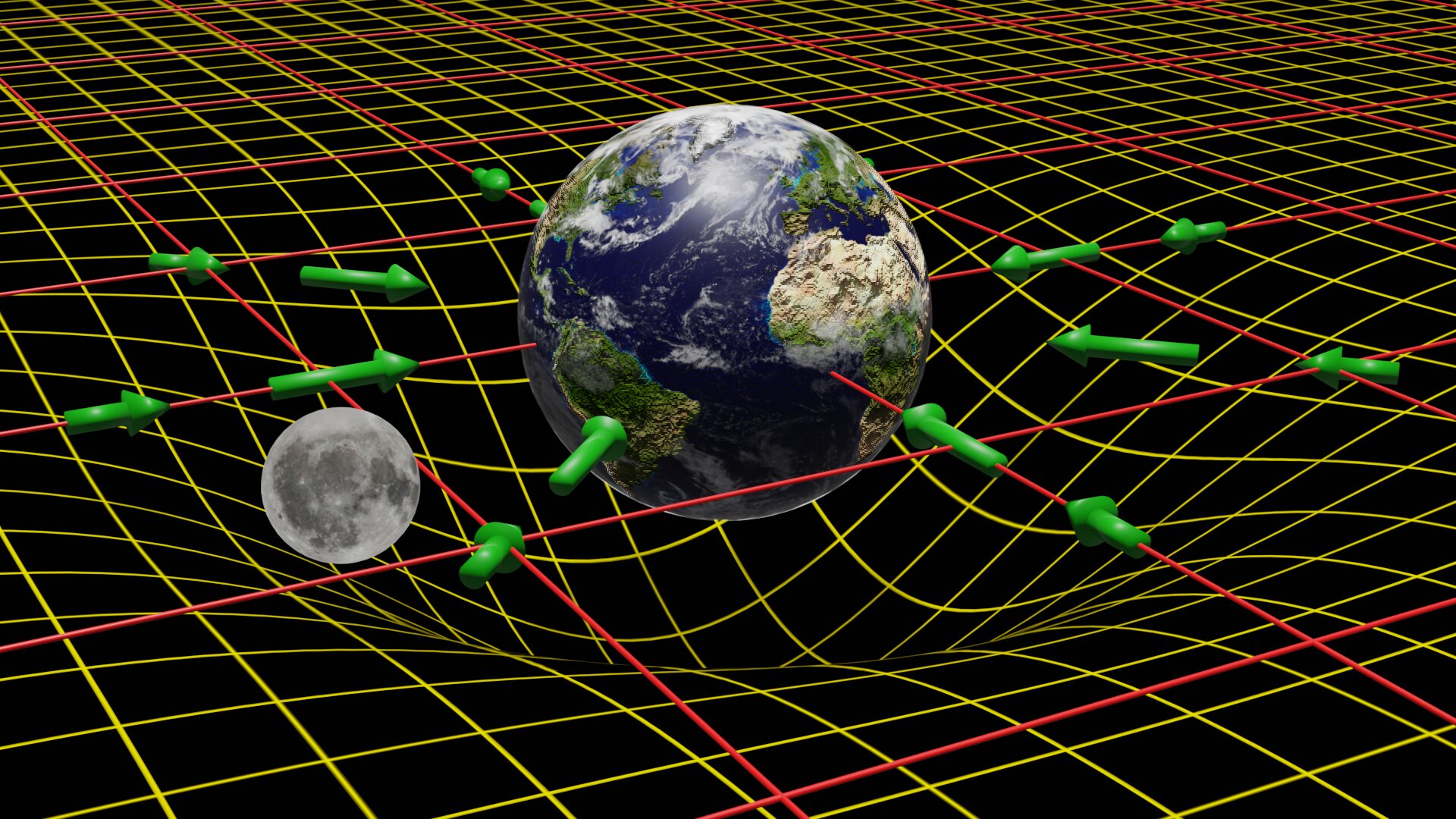- cross-posted to:
- science@lemmy.world
- cross-posted to:
- science@lemmy.world
Although the theory is promising, the duo point out that they have not yet completed its proof. The theory uses a technical procedure known as renormalization, a mathematical way of dealing with infinities that show up in the calculations.
So far Partanen and Tulkki have shown that this works up to a certain point—for so-called ‘first order’ terms—but they need to make sure the infinities can be eliminated throughout the entire calculation.
“If renormalization doesn’t work for higher order terms, you’ll get infinite results. So it’s vital to show that this renormalization continues to work,” explains Tulkki. “We still have to make a complete proof, but we believe it’s very likely we’ll succeed.”



Yes but you can prove that something is true given your set of assumptions about the universe.
A very loose example would be light being constant which could be an assumption, and then you can show that from that relativity is a natural conclusion. Or proof it formally, resulting in the Einstein’s equations.
You have no idea what you are talking about. You can’t prove mathematically Einstein’s equations. No fundamental equations in physics were proved mathematically.
I said they could be proved from assumptions. In the same fashion as mathematical proofs, they aren’t actually 100% true, they merely say that given these assumptions, the following is true. In maths the assumptions are so acutely obvious, or essentially definitions that we rarely rewrite our proof as the tautologies that they actually are
I agree with you that the you can’t prove a physical theory, but you can TRY to axiomize it. Which is what Hilbert’s 6th problem was.
In this way you can show that the equations you have are logically consistent - not that they are 100% true.
The crux of this argument is defintional, not factual, you take proof in an experimental way, as such no theory can be proven. I take proof to mean proven logically consistent. As such any good theory should be 100% proven, otherwise 1 might as be 0.
That’s not how physics works. If you are really interested in such issues read a book on foundations of physics or history of physics to see how physicists arrived at the most famous equations (Einstein,Dirac, Schroedinger or Newton), they are basically “bets” guided by physical and mathematical assumptions, but that is far from being “proved” or “derived”, there are no rigorous proofs or derivations involved. The uncertainty remains until an experiment or observation confirms it or rejects it. There’s no such a thing as “proving” a physical theory, for the simple reason that any physical theory works in a limited regime or range of validity. Newtonian gravitation and General Relativity are both valid and succesfull theories within their range of validity, but they contradict each other mathematically, in one theory gravity is a scalar field and in the other is a tensor field, so you could use the mathematics of one theory to refute the other, so it makes no sense the concept of proving a physical theory mathematically. You only try to axiomize a theory once is well established, but it’s irrelevant concerning its validity.
Right you are putting words in my mouth.
I never said that you derive it from axioms first, although I’m sure there exist theories which were derived from previous work especially some classical theories. The point I’m making is that a set of equations has to be self consistent, and sovlable, both of which are provable properties of those equations. That says NOTHING about the physical validity of the equations. However if you can’t prove those properties on some level, you have a pretty nonsense set of equations.
Like I said you aren’t “proving” that the theory is what governs whatever phenomenon, rather that it is consistent with itself.
As for finding the range of validity, again I agree with on that point, although I’m 100% sure there exists cases where you can predict the theory breaks down - just from looking at the equations, or deriving the bounds. But like I said, the equations still have to be non contradictory and solvable. In fact if they aren’t solvable you cannot begin to verify them.
I completely appreciate that you are right about unable to prove a theory like you said. I’m pointing out that most people use proof to refer to showing that the equations aren’t contradictory, again that doesn’t prove the theory, but we know a good theory doesn’t contradict itself, and hopefully it doesn’t contradict other stuff, although relativetivity contradicts quatuam, indicating something else is going on.
Just came across this beautiful video of Richard Feynman.
I mean i agree with most of what you said already, the only disagreement we had was over the definition of proof.
This video doesnt change that particulally